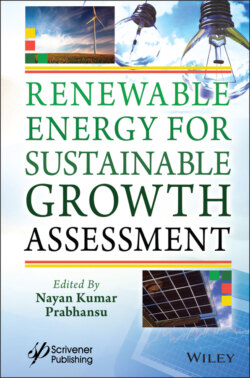Читать книгу Renewable Energy for Sustainable Growth Assessment - Группа авторов - Страница 92
3.3.2.2.1 Anaerobic Digestion (AD)
ОглавлениеAnaerobic digestion (AD) is defined as biomass’s bioconversion into different biofuel products, biogas, and biohydrogen. Inappropriate treatment and accumulation of AD digestate, energy consumption costs, digestate preservation costs, and biogas as a significant product are a substantial concern behind the use of AD. Through generating many bioproducts concurrently in addition to the biogas, the operation can be made feasible. It may also provide an ideal approach for the processing of bio-fuels and waste treatment [91]. In the AD phase, alkali pre-treatment demonstrates high methane production [92]. Co-digestion with sludge results in the highest methane yield will resist the inhibition of acetogens in the AD phase transforming propionic acid into acetic acid phase [92]. Volatile organic compounds (VOCs), sulfur-containing gases (H2S), wastewater, and biogas slurry generated by biomass bioconversion [80]. The slurry of biogas used as a valuable resource and physical-chemical or biological processes can manage wastewater and VOCs.
